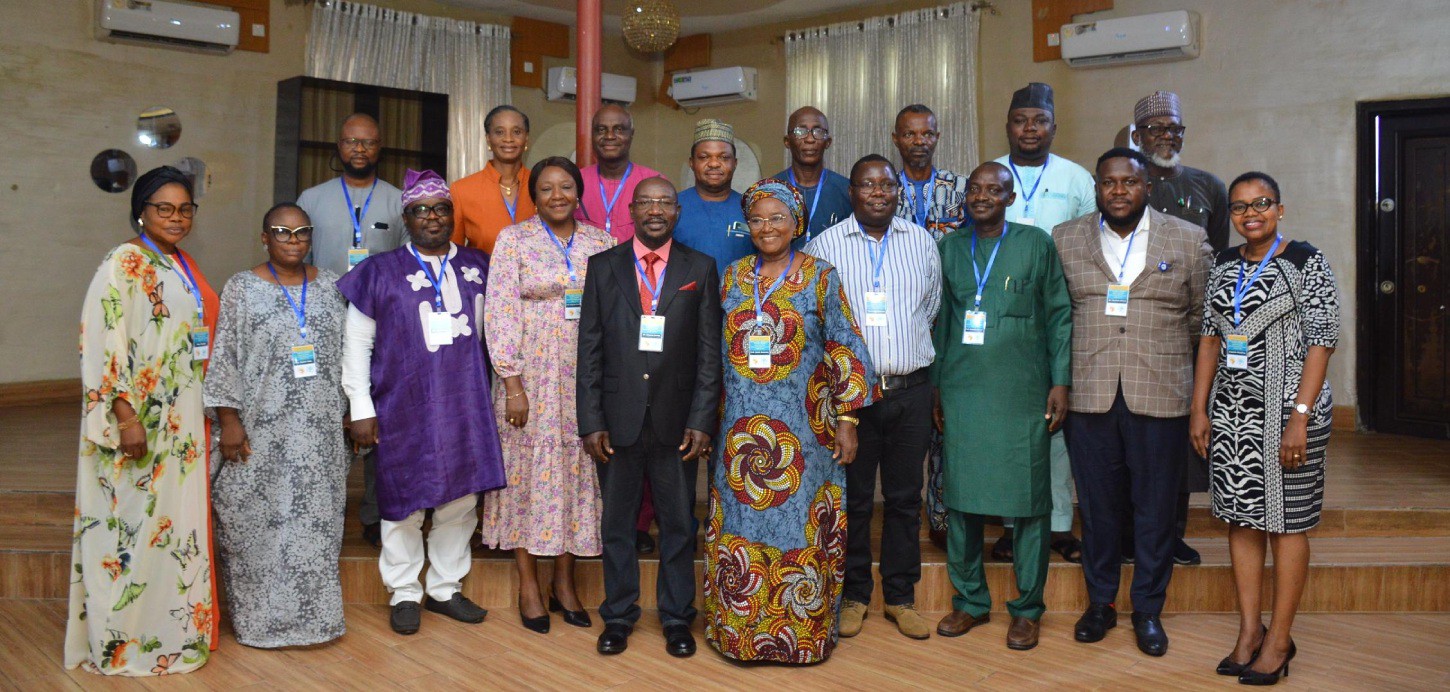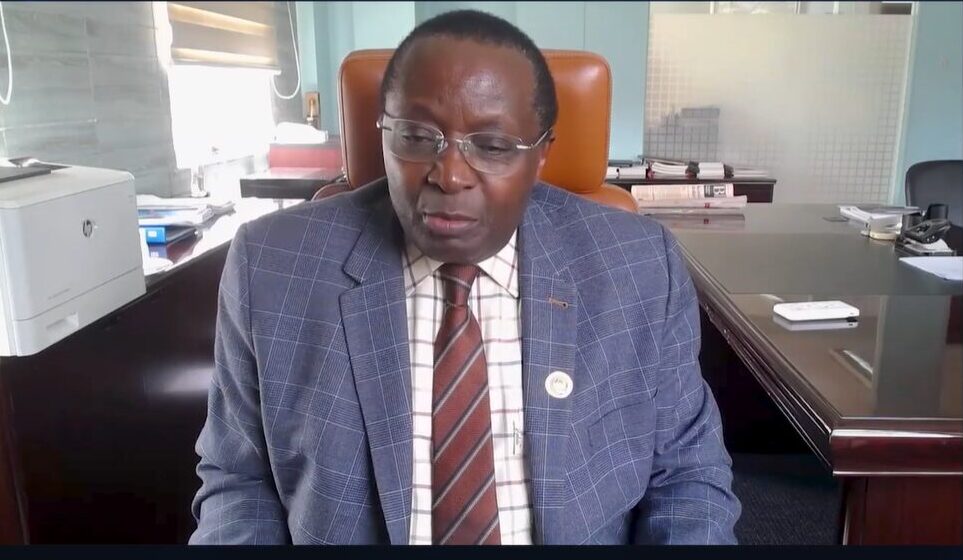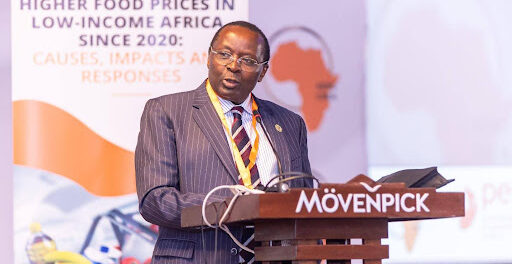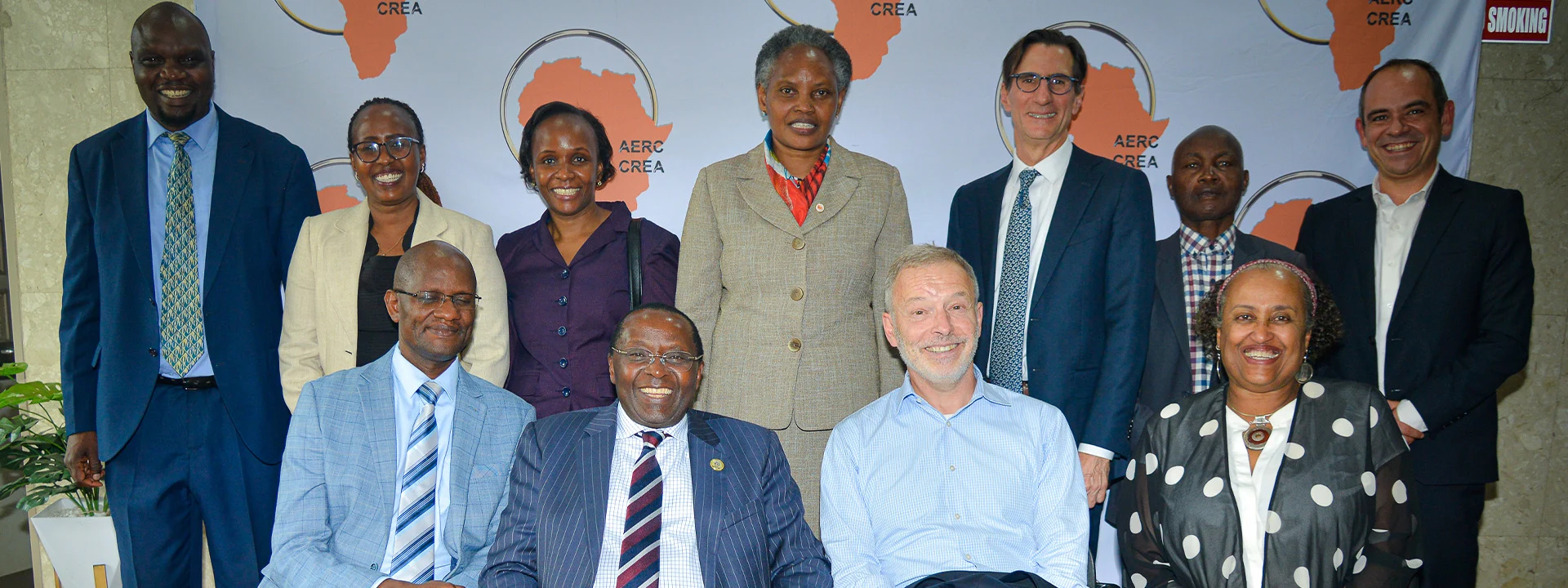

Stakeholders canvass human capital devt. to boost Nigeria’s growth Development
October 11, 2024Stakeholders have advocated for more attention by the Federal Government to the development of the country’s human capital to boost its micro and macro-level developmental outcomes.
The stakeholders stated this at a dialogue, organised by Nigerian Institute of Social and Economic Research (NISER), in collaboration with a Nairobi, Kenya-based research organisation, African Economic Research Consortium (AERC), in Abuja on Thursday.
The dialogue was aimed at identifying gaps and fashioning a robust policy through which human capital development could be enhanced in the health sector through foreign direct investments and other internal means.
It had, as its theme: “Leveraging Economic Development through Human Capital Development in Nigeria: the Role of Foreign Direct Investment and Health.”
Speaking on the topic, Dr Terrence Kairiza, of AERC, stressed the need for the federal government to address human capital development, particularly in collaboration with development partners.
Kairiza, also an Economics Lecturer at Bindura University of Science Education, Kenya, said that this had become necessary as market failures and credit constraints had resulted in under-investment in human capital in the country.
He described Nigeria’s health insurance coverage as alarmingly low, with less than 10 per cent of the population as having access to health insurance scheme.
Kairiza, however, said that the country’s human capital could be strengthened, particularly in health and education, through foreign direct investment (FDI) and internal means.
This, he said, was especially as FDI inflow was capable of generating crucial knowledge spillovers, driving technological progress and sustainable economic growth.
“Human capital comprised of health education and skills, as one of the major explanatory variables of economic development outcomes at the micro and macro levels.
“Nigeria, as the most populous country in Africa, has a vast pool of potential human capital of over 200 million people, with over one third of them comprising the youths.
“The country has a vast potential to take advantage of the import of human capital in the development nexus,” he said.
He said it was unfortunate that the country’s growth was not consistent with its human capital potential.
Kairiza further stated that following research, human capital could be developed by external means through FDI and through internal channels such as investments in health and education.
He said Nigeria, as one of the highest recipients of FDI in Africa, was well-positioned to leverage the benefits of human capital to improve development outcomes.
He recalled that Nigeria’s National Health Insurance Scheme (NHIS) was launched in 2005 to shield households from the financial burden of out-of-pocket health payments.
Kairiza, however, noted that in spite of being mandatory for formal workers in both public and private sectors, the NHIS had only managed to cover less than 10 per cent of Nigerians as at 2022.
He said that the low uptake was a major concern, especially considering the multiple health insurance schemes in Nigeria that had struggled to succeed.
He recommended financial inclusion in terms of the ownership and use of bank accounts to enhance the uptake of health insurance and human capital stock development through FDI.
While commending the efforts of the Nigerian government toward enhancing human capital development through the setting up of an investment climate that attracted FDI, he said there was the need to do more.
He also applauded the government’s efforts to make health insurance compulsory for all citizens, saying the results had been modest, especially for the informal sector workers and women.
The Director-General of NISER, Prof. Antonia Simbine, said the policy dialogue was to share the preliminary research findings and policy implications of the research output on the human capital development project in Nigeria.
According to her, it had become critical to have a stakeholder engagement to share the findings and allow comments before the research could be published.
Simbine said that NISER, which is now under the Federal Ministry of Budget and Economic Planning, was established since independence as Nigeria’s think-thank on social and economic issues.
Other stakeholders, who also spoke at the occasion, called for the review of the National Health Insurance Scheme to accommodate those in the informal sector and rural dwellers.
The speakers included Prof. Sarah Anyanwu from University of Abuja, Prof. Abubakar Oladeji and Prof. Kemi Okowa, both of NISER, Mrs Mabel Ade, the Executive Director, Adinya Arise Foundation and Uyi-Aiviuhenyo Osagie, representing a civil society organisation, among others.
Representative of the Executive Director of AERC, Prof. Victor Murinde, Dr Charles Owino, said the organisation was established in 1988 as a capacity-building institution to inform economic policies in sub-Saharan Africa.
Source: NEWSATLARGE on October 11, 2024







